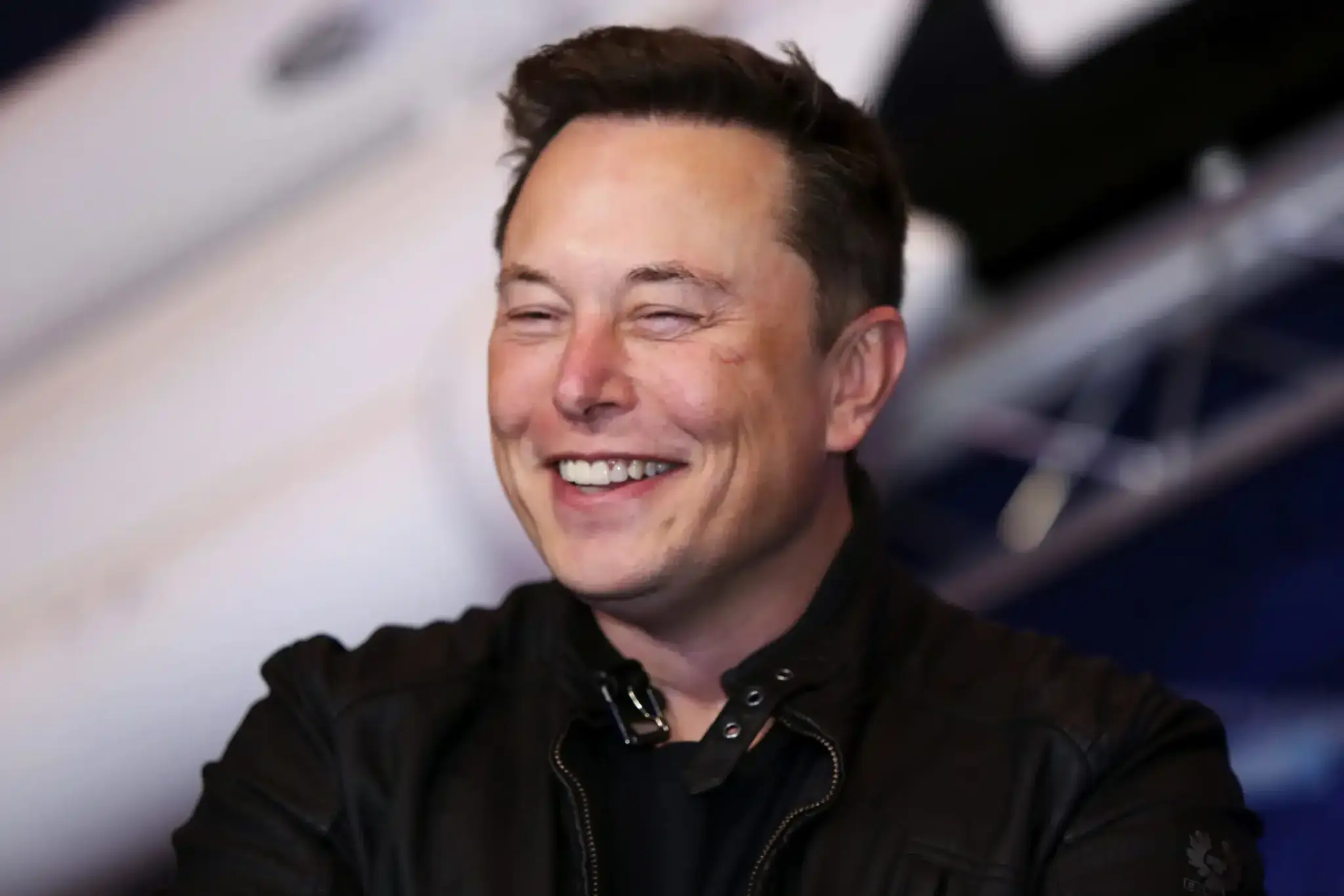In a significant development, a leading proxy advisory firm, Glass Lewis, has advised Tesla shareholders to reject the proposed $56 billion pay package for CEO Elon Musk. This recommendation comes ahead of the shareholder vote scheduled for June 13, 2024. The package, initially approved in 2018, was voided by a Delaware judge earlier this year, prompting Tesla to seek its reinstatement.
Background of the Pay Package
Elon Musk’s compensation plan, which spans over ten years, is heavily tied to Tesla’s market performance and milestones. Unlike traditional salary structures, Musk’s package includes no base salary or cash bonuses; instead, it offers stock options that vest as the company achieves certain market valuation targets. The plan aimed for Tesla to reach a market valuation of $650 billion, a goal deemed ambitious at the time of its inception. Despite meeting many of its targets and achieving substantial stock price growth, the package has faced legal and shareholder scrutiny.
Legal Challenges and Shareholder Concerns
In January, Delaware’s Court of Chancery, led by Chancellor Kathaleen McCormick, invalidated the pay package. The ruling highlighted concerns over Musk’s influence on the board and the fairness of the compensation process. The court found that Musk’s extensive ties with board members compromised the negotiation process, making it unfair to shareholders.
Following this, Tesla has been advocating for the ratification of the package, arguing that Musk has been pivotal in achieving the company’s remarkable growth. Chairperson Robyn Denholm noted that Musk has not received any compensation under this plan for six years, despite delivering substantial value to shareholders. The company asserts that the Delaware court’s decision was inconsistent with shareholder interests and has filed for an appeal.
Proxy Advisory Firm’s Recommendation
Glass Lewis’s report criticized the pay package for its “excessive size” and potential dilutive effect upon exercise. It also raised concerns about Musk’s divided attention due to his involvement in other high-profile ventures, including his acquisition of Twitter, now rebranded as X. The advisory firm questioned the benefits and risks associated with relocating Tesla’s incorporation from Delaware to Texas, a move Musk proposed following the court’s ruling.
Implications for the Vote
The upcoming shareholder vote is crucial for Tesla’s board and Musk’s future at the company. Institutional investors, including Vanguard, Capital Group, and State Street, who were influential in the initial approval, will play a significant role in this decision. The outcome of the vote could also impact future legal proceedings and the company’s strategic direction.
If shareholders reject the package, Tesla may have to negotiate a new compensation plan with Musk, which could be both time-consuming and costly. Conversely, a successful vote for the package might still face legal hurdles, as the Delaware court may scrutinize the fairness of the ratification process.






























